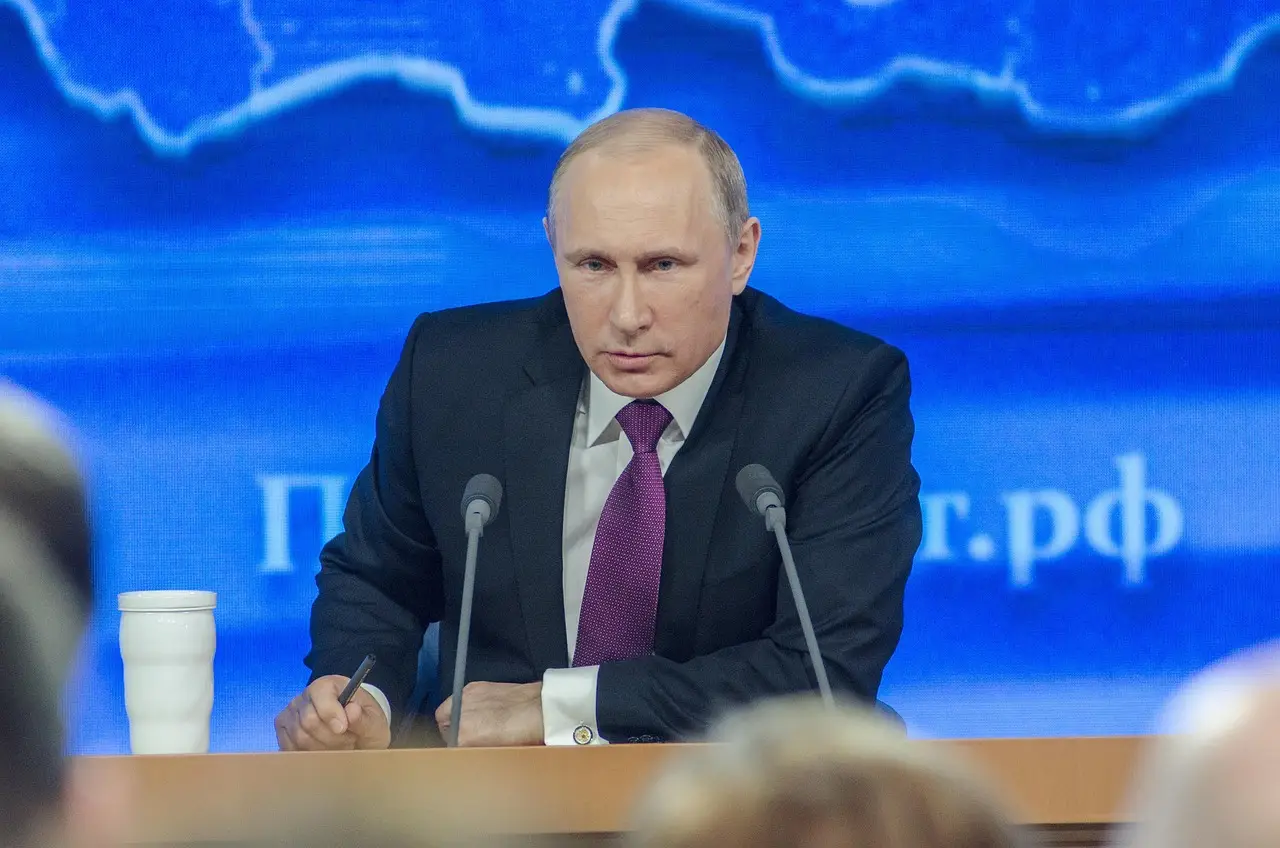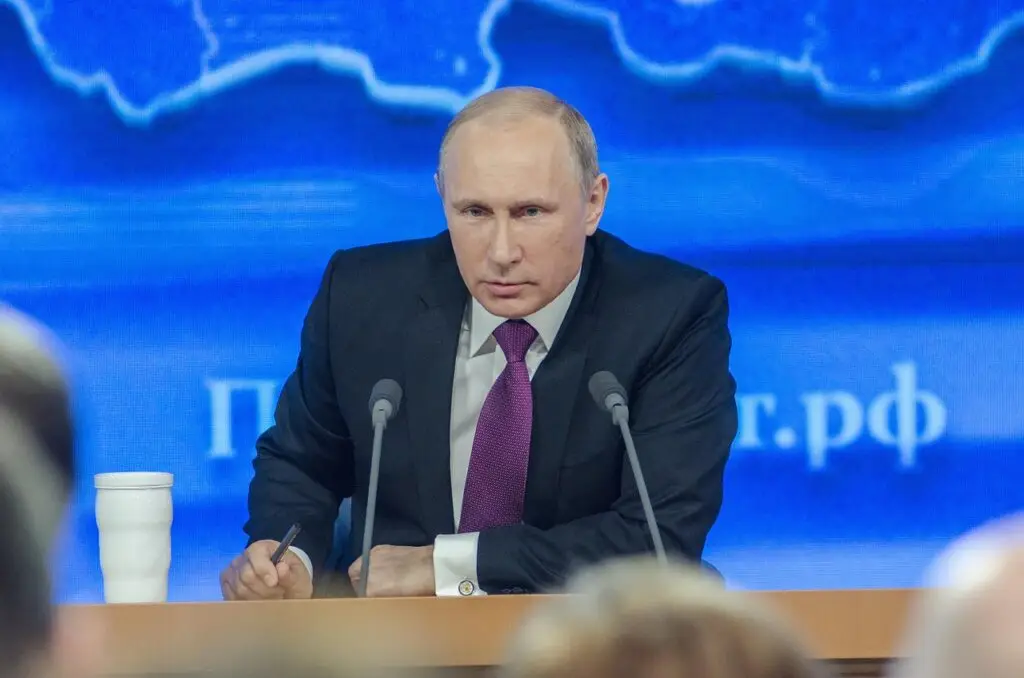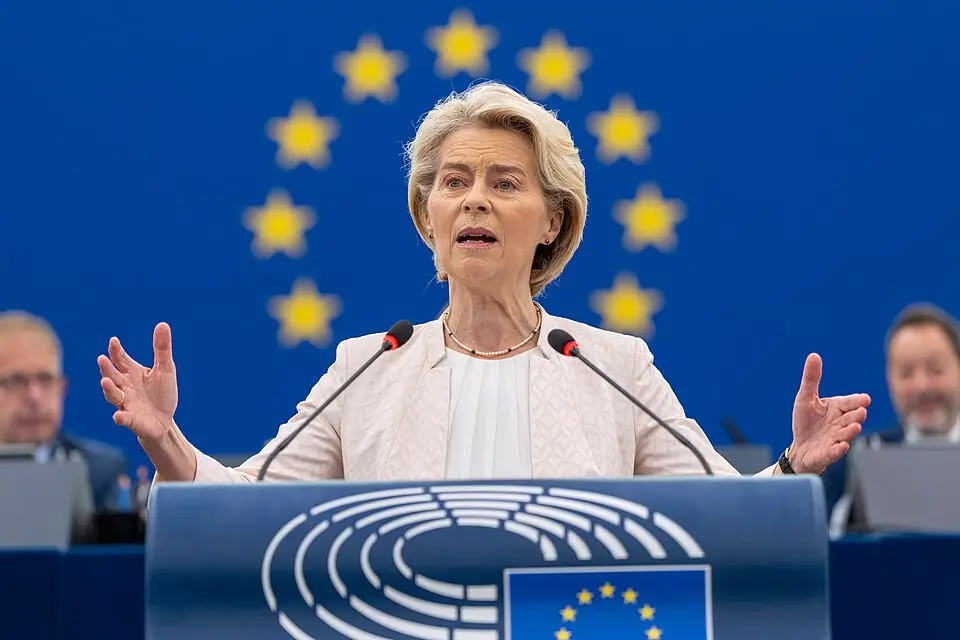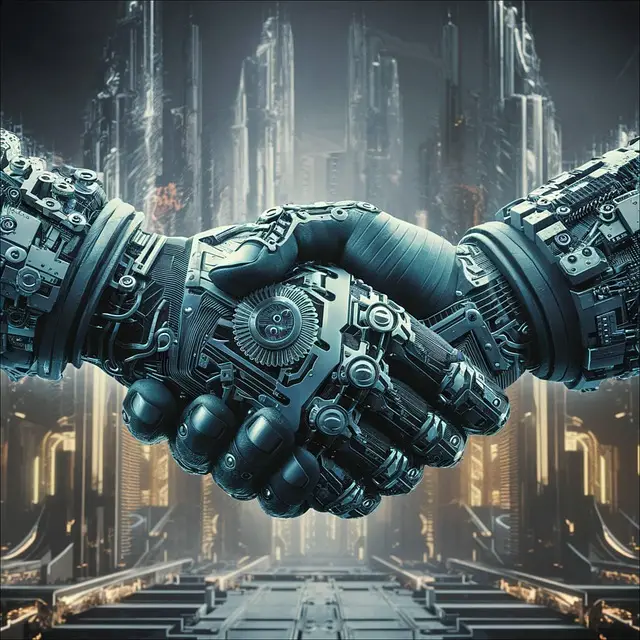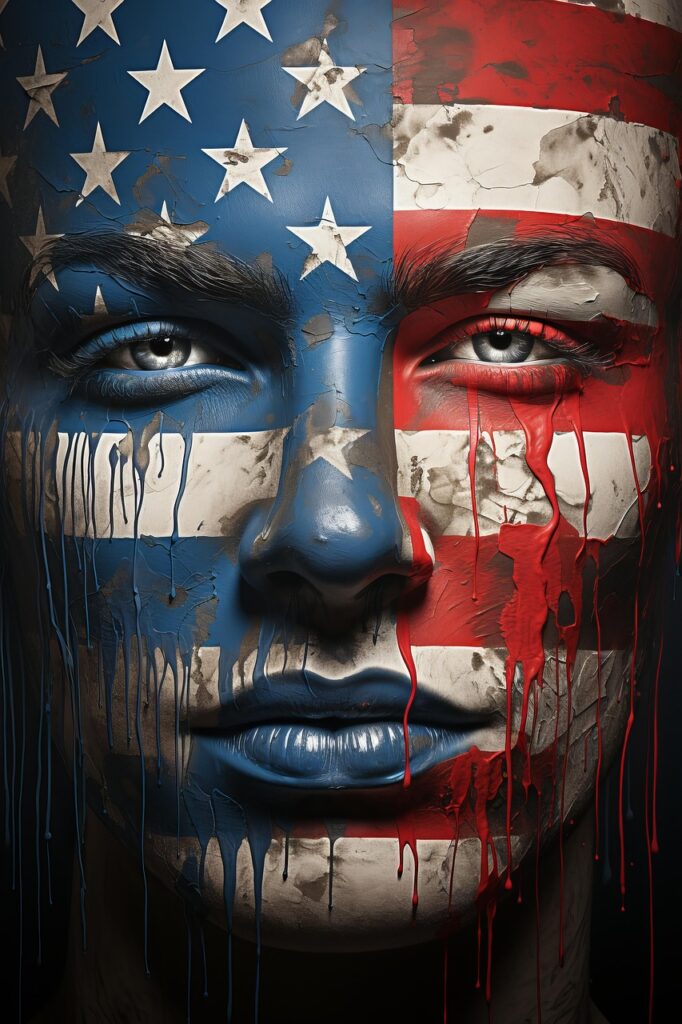Vladimir Putin is one of the most influential and controversial political figures of the 21st century. Serving as either President or Prime Minister of Russia since 1999, Putin has shaped the country’s domestic and foreign policies with a mix of authoritarian governance, strategic diplomacy, and assertive nationalism. His leadership has drawn both admiration from supporters, who see him as a strong leader restoring Russia’s global standing, and criticism from opponents, who accuse him of suppressing dissent and pursuing aggressive expansionism.
Early Life and Rise to Power
Vladimir Putin was born on October 7, 1952, in Leningrad (now St. Petersburg), Putin grew up in a modest Soviet family. He studied law at Leningrad State University and later joined the KGB, the Soviet Union’s security agency, where he served as an intelligence officer for 16 years. After the Soviet Union’s collapse in 1991, Putin entered politics, working in the St. Petersburg administration before moving to Moscow.
His big break came in 1999 when then-President Boris Yeltsin appointed him Prime Minister. Later that year, Yeltsin resigned, making Putin acting president. He won his first presidential election in 2000, marking the beginning of his long dominance over Russian politics.
Consolidation of Power and Domestic Policies
Putin’s presidency has been characterized by centralizing power, suppressing opposition, and controlling media narratives. Key aspects of his rule include:
- Economic Reforms & Energy Dominance: Putin stabilized Russia’s economy after the turbulent 1990s, largely due to high oil and gas revenues. State-controlled energy giants like Gazprom became tools of both economic and geopolitical influence.
- Political Control: He weakened democratic institutions, sidelined political rivals, and amended the constitution to extend his rule, most notably in 2020, allowing him to potentially stay in power until 2036.
- Crackdown on Dissent: Critics, journalists, and opposition figures (like Alexei Navalny) have faced imprisonment, exile, or even assassination. Independent media have been heavily restricted.
- Nationalist Rhetoric: Putin has promoted a narrative of restoring Russia’s greatness, appealing to conservative and patriotic sentiments.
Foreign Policy: Assertiveness and Conflict
Putin’s foreign policy has been marked by a desire to reassert Russia as a global power, often clashing with the West:
- Chechnya & Regional Influence: His hardline approach in the Second Chechen War (1999–2009) solidified his image as a strong leader.
- Georgia (2008): Russia’s brief war with Georgia reinforced its dominance in the Caucasus.
- Ukraine (2014 – Present): The annexation of Crimea in 2014 and the ongoing war in Ukraine (since 2022) have led to severe Western sanctions and Russia’s international isolation.
- Syria & Middle East Involvement: Putin’s military support for Bashar al-Assad in Syria bolstered Russia’s role as a key player in the region.
- Relations with the West: Tensions with NATO, allegations of election interference, and espionage scandals have defined Putin’s confrontational stance toward the U.S. and Europe.
Legacy and Future Implications
As Putin continues his rule, questions remain about Russia’s future:
- Succession & Stability: With no clear successor, his eventual departure could lead to a power struggle.
- Economic Challenges: Sanctions, military spending, and reliance on energy exports pose long-term risks.
- Global Standing: The Ukraine war has made Russia a pariah for many nations but strengthened ties with China and other non-Western states.
Conclusion
Vladimir Putin remains a polarizing figure, a shrewd strategist to some, an autocratic aggressor to others. His impact on Russia and the world is undeniable, shaping geopolitics in ways that will resonate for decades. Whether history remembers him as a savior of Russian pride or a destabilizing force, his legacy is still being written.
